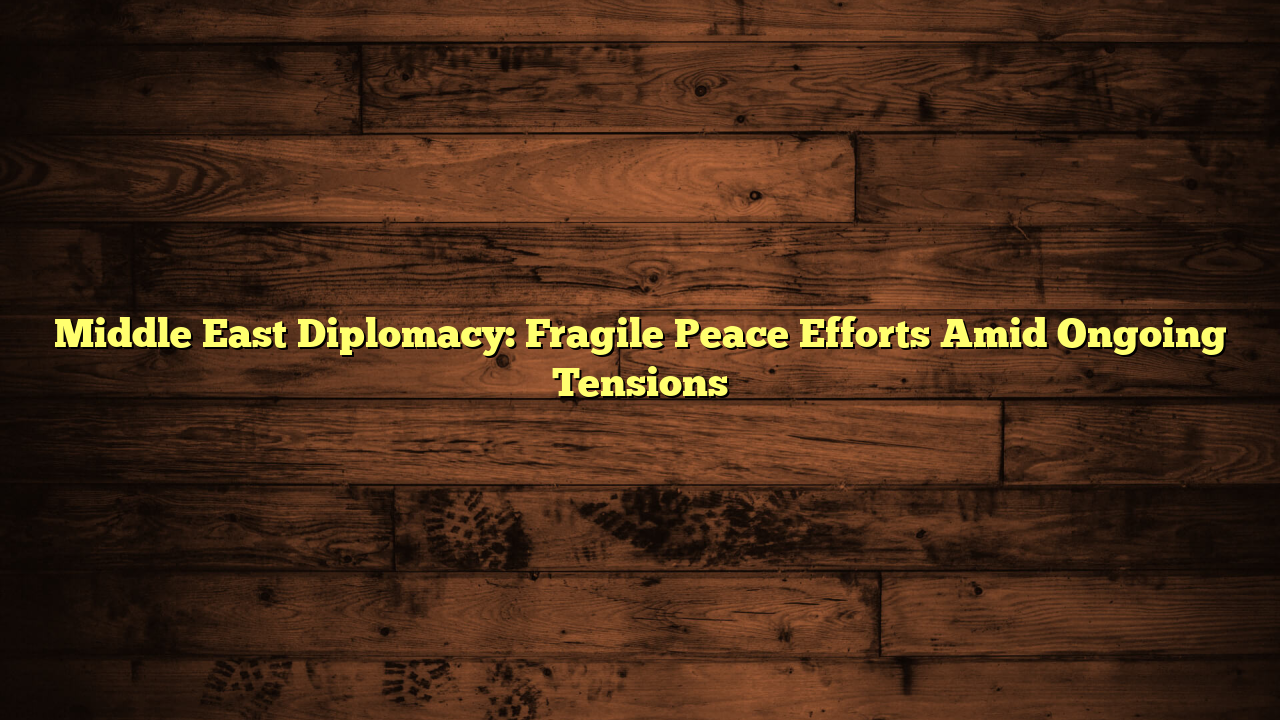Across Africa, 2025 marks a critical moment for democratic resilience. A wave of elections, coups, and constitutional reforms has left the continent in a state of flux. While some nations are making progress toward stable governance, others are naga169 link alternatif regressing into authoritarian rule.
In West Africa, recent military takeovers in Niger and Mali have raised alarm. Junta leaders cite corruption and terrorism as justifications for their rule, but opposition groups and civil society organizations accuse them of power grabs. The African Union (AU) and ECOWAS have condemned these moves and called for a swift return to civilian rule, though enforcement remains weak.
Elsewhere, countries like Kenya and Ghana continue to demonstrate the strength of democratic institutions, albeit amid economic strain. Inflation, unemployment, and climate-related disasters are testing governments’ ability to deliver tangible improvements. “Democracy must provide solutions, not just elections,” said Kenyan political commentator Amina Okoth.
The continent’s youthful population—over 60% under the age of 25—remains a key factor in shaping its political future. Young Africans are increasingly demanding transparency, jobs, and digital inclusion. Social media activism has become a powerful tool for accountability, exposing corruption and mobilizing civic participation.
Internationally, Africa is gaining attention as global powers compete for influence. The U.S., China, and Russia are all expanding their economic and security presence, each promising investment and partnership. However, critics warn that such engagement risks creating new dependencies.
Despite setbacks, many African nations are showing signs of institutional maturity. Peaceful transitions of power in countries like Zambia and Senegal highlight that democracy, though imperfect, remains resilient. “The continent’s story is not just one of turmoil—it’s one of persistence and reinvention,” said Dr. Kwame Mensah, a political scientist in Accra.
As Africa confronts the twin challenges of governance and development, its leaders face a defining test: whether to deliver inclusive progress or fall back into cycles of instability.



